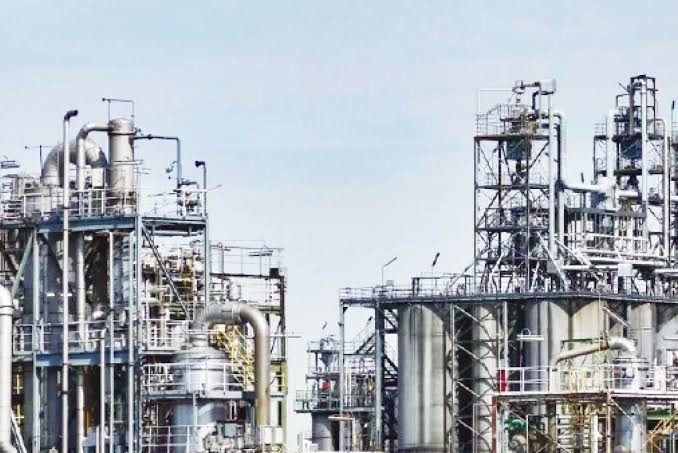Traders and shipping data indicate that Nigeria’s new Dangote oil refinery is boosting gas oil exports to West Africa, capturing market share from European refiners.
The $20 billion refinery, built by Africa’s richest man, Aliko Dangote, on the outskirts of Lagos, is producing a lower grade of gasoil than expected as it awaits the restart of units needed to produce cleaner fuels, prompting the plant to seek buyers in neighboring markets.
Exports of gasoil from the refinery hit nearly 100,000 barrels per day (bpd) in May, nearly doubling April’s levels, data from analytics firm Kpler showed. The bulk of the exports went to other West African countries, but one cargo was shipped to Spain.
Preliminary June gasoil volumes have fallen sharply, though overall oil product exports, including fuel oil, naphtha, and jet fuel, remained relatively elevated at 225,000 bpd, the data showed.
The refinery “changed the balances in West Africa”, affecting European markets as a result, a European distillates trading source said.
EU and UK gasoil exports to West Africa fell to a four year low of 29,000 bpd in May, Kpler data showed, while Russian exports to the region fell to an 8-month low of 87,000 bpd in May.
Dangote has also been selling some high-sulphur gasoil to the Nigerian market as well but finds itself caught in a dispute with local fuel retailers over who is selling the dirtier fuel.
Nigeria’s oil law passed in 2021 mandated a 50 parts per million (ppm) sulphur content, in keeping with the sub-regional ECOWAS standards adopted in 2020. However, the regulator had allowed gasoil above 200 ppm to be sold locally since the beginning of the year until June to allow local refineries and importers more time to comply with the new standard.
With European countries like Belgium and the Netherlands tightening rules on high-sulphur gasoil exports, cargoes from the Dangote refinery are now being sent to regions with more lenient motor fuel standards.

